Boards and barriers
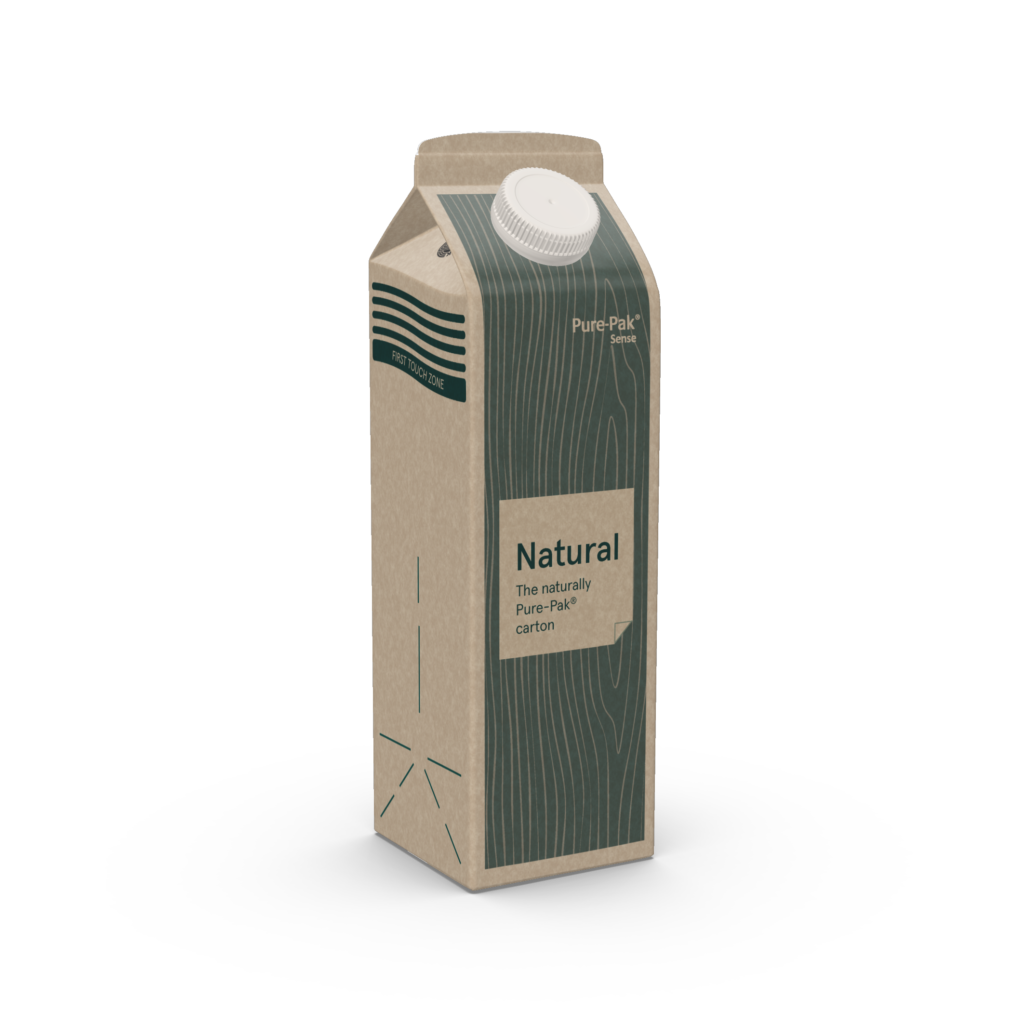
Seal the deal
Food safety, appearance and integrity; the carton board serves multiple purposes. We have spent decades perfecting our boards to make sure your product is packed safely for consumers to enjoy.
Pure-Pak® cartons are made to keep products fresh for longer while using less plastic than alternative packs. We are constantly developing our boards and reducing the plastic content in order to offer the most sustainable option on the market.
We offer various barrier options, depending on the filling. We work to secure adequate quality for all product categories and offer solutions for both high- and low-acid products.
Our Natural Brown Board carton is the environmentally friendly option compared to white, cartons. This carton communicates a commitment to sustainability and instantly stands out on the shelves due to its unique, natural appearance. By not bleaching the final layer, the carton maintains a rustic, fibrous surface with an authentic and sustainable look and feel.
Through using less wood and fewer bleaching chemicals, we get a unique, natural-looking carton that effectively communicates a commitment to sustainability and instantly stands out on the shelves.
Elopak’s cartons are predominantly made of wood fibres, a naturally renewable resource. Read more here: https://www.elopak.com/sustainable-forestry/
Renewable and bio-circular polymers contribute to reducing greenhouse gas emissions and ensure resources for future generations. Read more here:
https://www.elopak.com/usa/packaging-by-nature/renewable-plastics/
Environmental footprinting is a way of quantifying the impact a certain product has on the environment. Multiple life-cycle assessments (LCA) prove that beverage cartons perform better than plastic bottles in a number of environmental impact categories. Read more here:
https://www.elopak.com/net-zero/carbon-footprint/
Elopak’s cartons are fully recyclable where infrastructure exist. Elopak is a founding member of EXTR:ACT, an organization dedicated to increasing the collection and recycling of beverage cartons in Europe. Read more here:
https://www.elopak.com/naturally-circular/easily-recyclable/
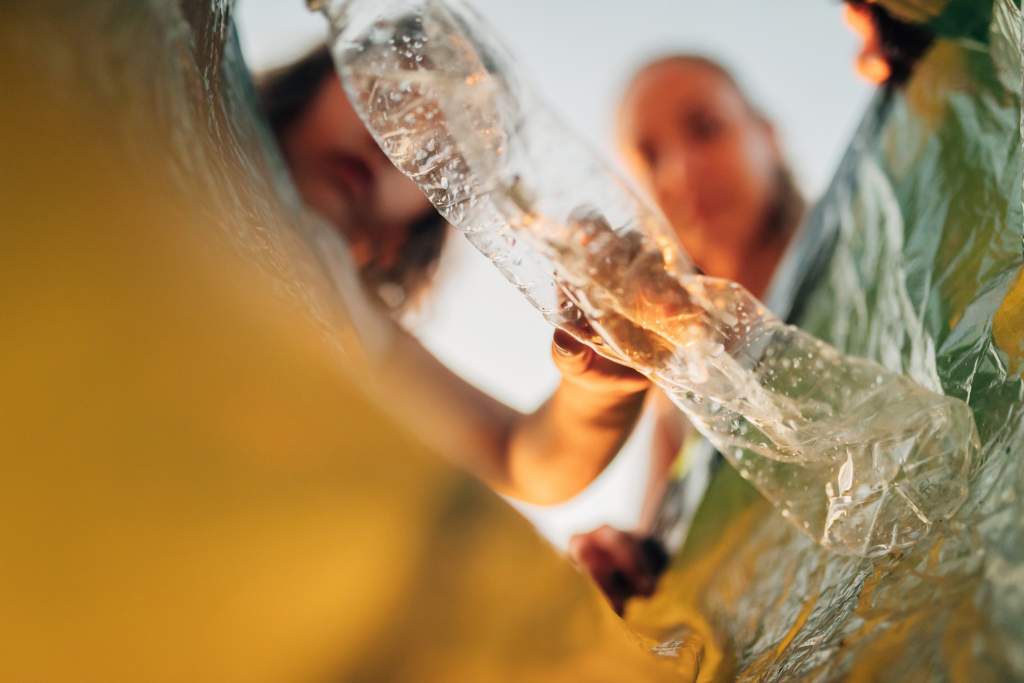
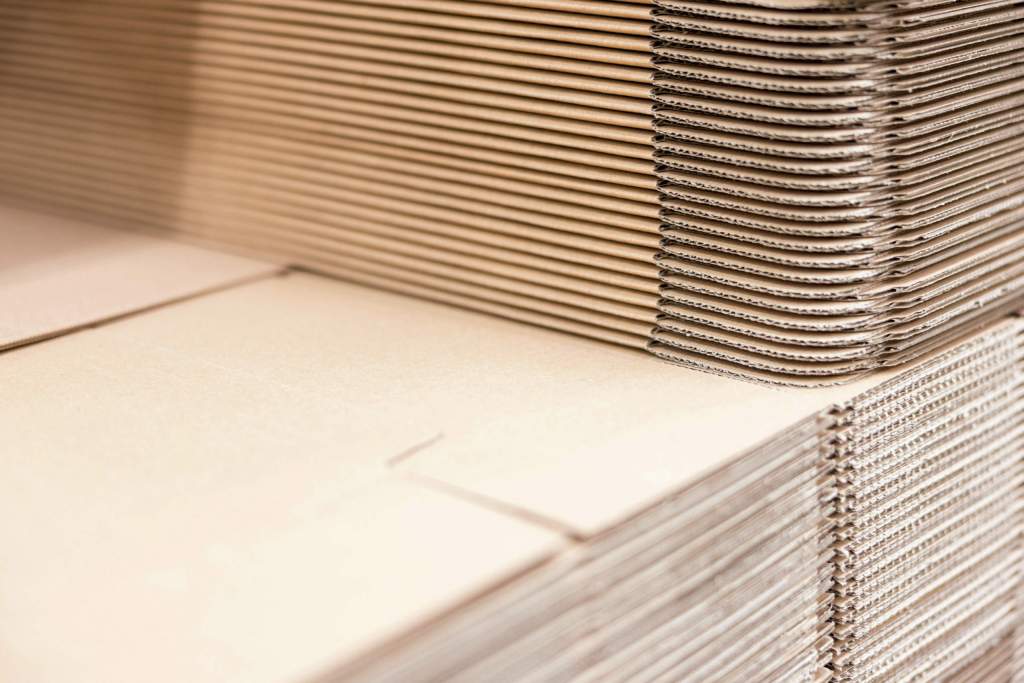

Less plastic
Plastic can cause issues related to climate, littering and health. Pure-Pak® cartons keep products fresh using significantly less plastic than alternative containers. We are constantly working to reduce the contents of plastics to remain the preferred choice of environmentally responsible businesses.
Lower carbon emissions
Pure-Pak® cartons are made from renewable sources with a naturally low carbon footprint. We only use renewable electricity in our manufacturing, and we are continuously increasing our material efficiency. The flattened carton shape also means more efficient transport and distribution.
Less fossil fuels
The average Pure-Pak® carton consists of 75% paperboard, a material naturally sourced from a renewable resource that grows back: the forest. Renewable packaging has a lower carbon footprint than fossil-based alternatives and secures resources for generations to come.
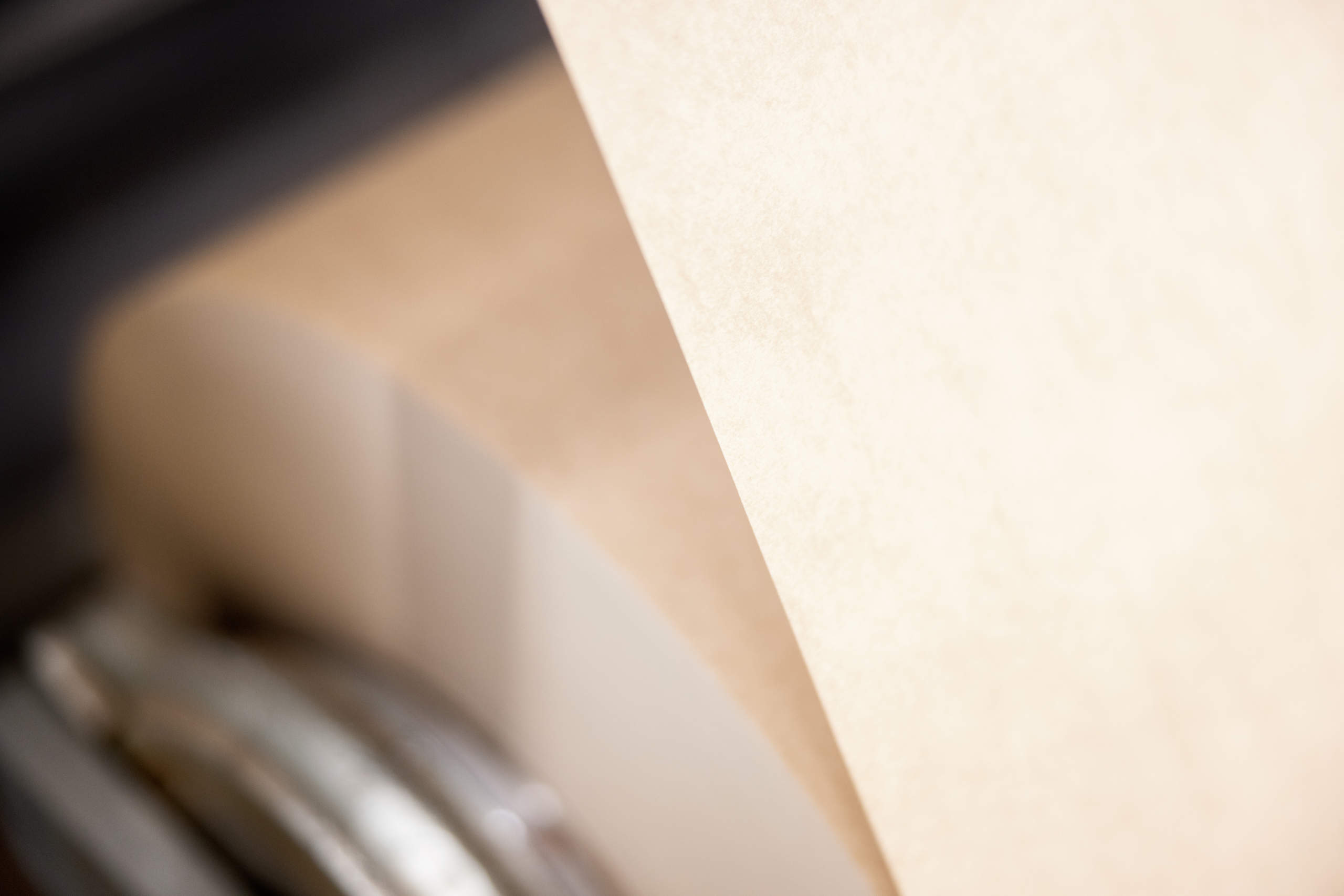
A wide portfolio of carton materials
All our cartons are sourced from sustainably managed forests. Wood is naturally renewable and offers an ideal protection of liquid foods. Our cartons offer optimized barrier properties for protection against light and oxygen along with preservation of sensitive product ingredients such as vitamins. With maximum shelf life, freshness for longer and guaranteed quality, the packaging is taste free while providing the best seal quality for effective transport and distribution.
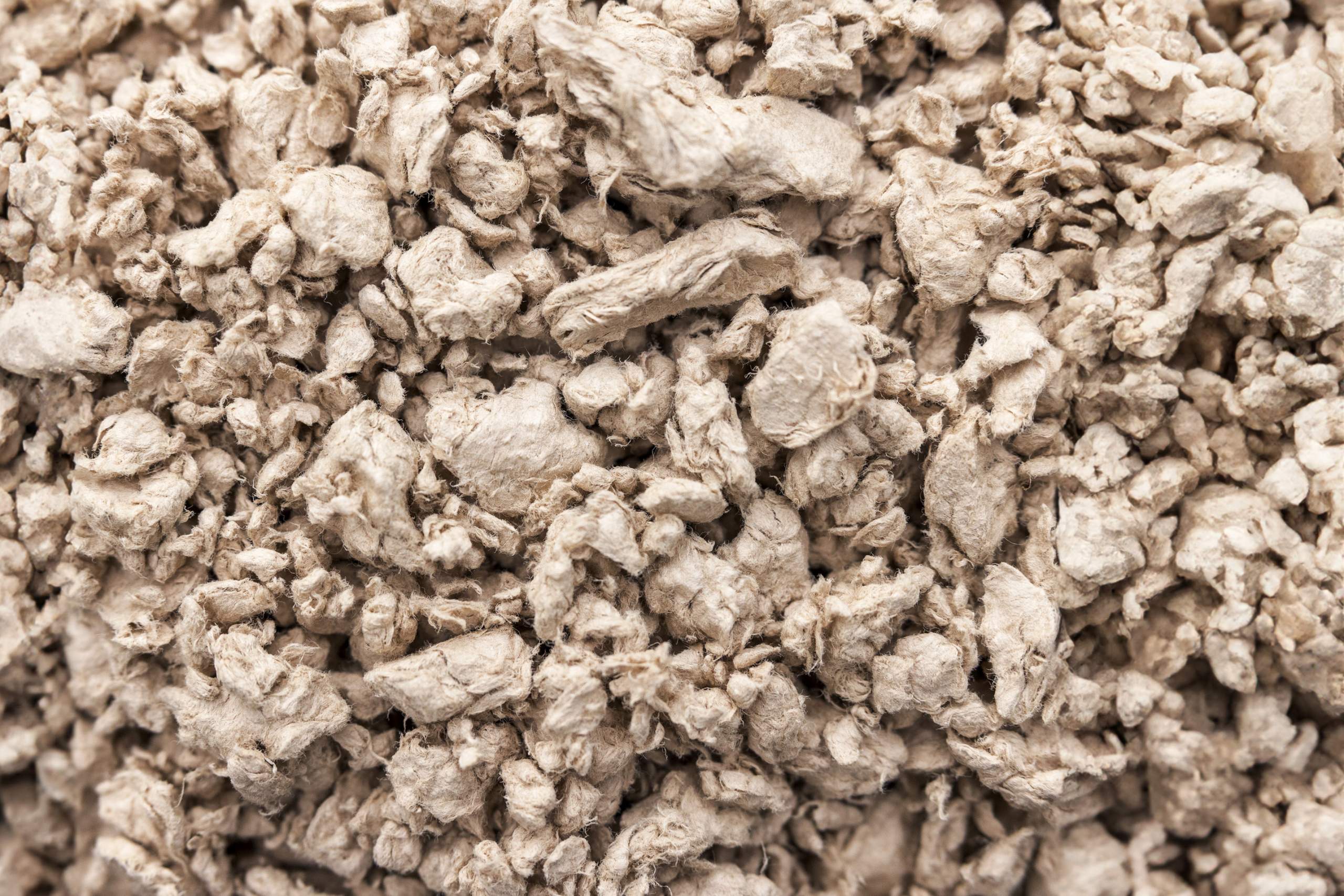
Recyclability
Our cartons are fully recyclable. Recycling lessens the need for virgin materials and reduces waste. Our goal is to prevent our cartons from going to landfills, and we strongly encourage the recycling of cartons.
Paper fibers from beverage cartons are a highly desirable material because they consist of strong virgin fibers. Our cartons contain fibers of very high quality that can be recycled up to seven times. After collection and sorting, beverage cartons go to dedicated paper recycling mills. Water and agitation separate the paper fibers from the plastic and aluminum layers. The result is a paper fraction used to make new products, such as secondary packaging material.
We work with industry peers to increase and strengthen the collection and recycling of cartons in our markets. The beverage carton industry continues to support recycling by promoting innovation in recycling solutions, stakeholder engagement and collaboration.